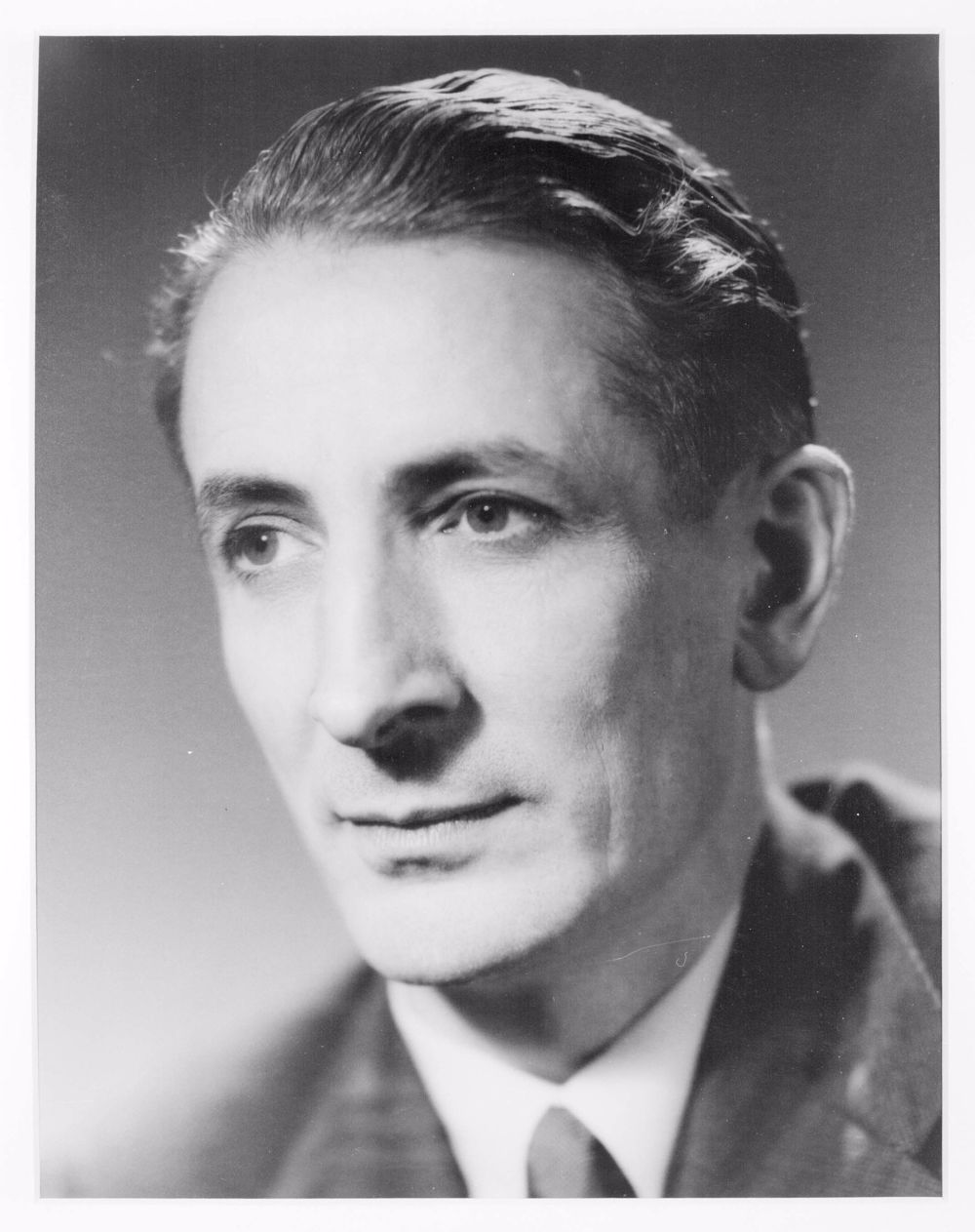Professor Terence Fox
I write to remember fondly Terence Fox as someone who drew a considerable number of people (including myself) towards Chemical Engineering in the decade following World War II. Fox read Mechanical Sciences at Cambridge and he graduated in 1933 first in the class of that year. Indeed, he hoovered up all the available University prizes. Four years of industrial experience with ICI then followed before returning to Cambridge to a staff appointment in the Engineering department.
After the war, he had the opportunity to spend time at MIT and there he discovered Chemical Engineering. Meanwhile, the Shell Oil Company gave Cambridge a substantial sum to endow a Professorship in Chemical Engineering; and remarkably Fox was appointed as the first professor. It was remarkable because, whilst there was no doubt as to Fox’s high intellect, he had no research publication to his name. His primary task as a professor was to create a new free-standing department (Chemical Engineering, not Applied Chemistry) in an ancient university alongside the large departments of Chemistry, Physics and Engineering which had acquired formidable reputations over the previous 100 years.
He set about this task by setting high academic standards and particularly taxing examinations whilst encouraging his newly appointed staff to pursue promising lines of fundamental research. However, his own ‘publications’ remained an astonishing collection of photo-copied lecture notes in his small distinctive hand. It was in this climate that people like Syd Andrew, John Davidson, Jim Wilkes and M M Sharma began their distinguished careers in Chemical Engineering. Fox also played a key role in the design of Chemical Engineering’s first building in Cambridge; indeed, he must have been a terror to the architects because he always personally checked their engineering calculations before any meeting.
He was unmarried and he lived in King’s College as a bachelor Fellow. One August morning I met him over Departmental coffee and, in passing, he mentioned he was aware of the kitchen establishment at King’s, and then he observed ‘it is rather odd they have to prepare the breakfast toast the night before.’
I suspect he was a man, once met, you never forgot. His health, unfortunately, failed towards the end of the 1950s and he died in 1962 at the age of 50.

This story has been contributed by Past President Sir David Harrison